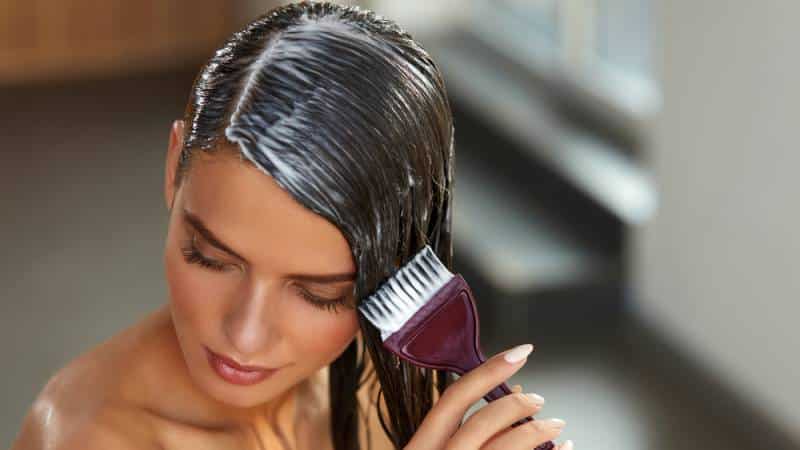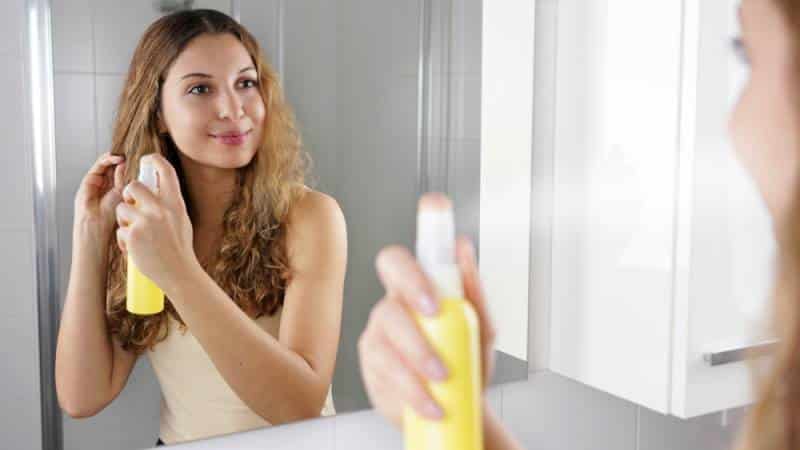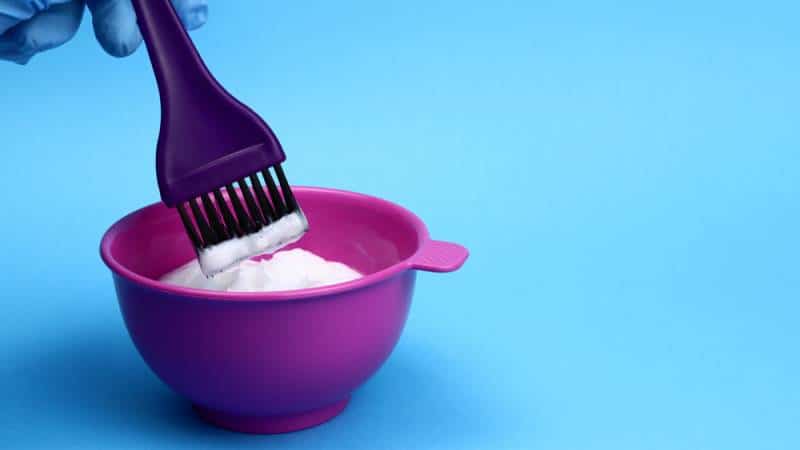Co-washing is a popular way to cleanse the hair, using conditioner instead of shampoo. It can be a great alternative for people with sensitive scalps or those who want to avoid harsh chemicals.
But there are some potential problems with co-washing that you should be aware of before you decide whether it’s right for you.
Keep reading to learn more about the pros and cons of co-washing, as well as some reasons why you might want to consider switching to a different cleansing method.
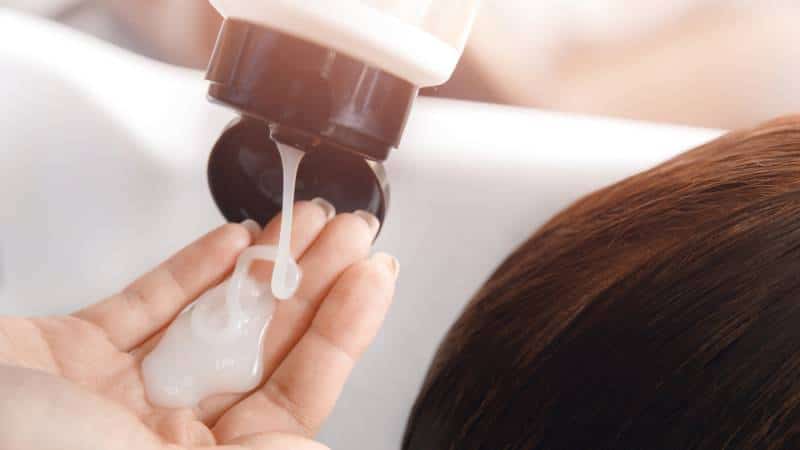
What is Co-washing?
Co-washing, or conditioner washing, is a method of cleansing the hair using only conditioner. This can be done in place of shampooing, or in addition to it. Many people find that co-washing leaves their hair feeling softer and less dry than shampooing alone.
There are a few different ways to co-wash the hair. One popular method is to apply conditioner to wet hair, massage it in, and then rinse it out. You can also leave the conditioner on your hair for a few minutes before rinsing it out. Some people even sleep with conditioner in their hair and rinse it out in the morning.
The main benefit of co-washing is that it’s a gentler way to cleanse the hair. Conditioners are designed to be moisturizing, so they can help to keep the hair hydrated. This is especially beneficial for people with dry or damaged hair. Co-washing can also be helpful for people who have sensitive scalps, as it can help to avoid irritation.
Related: Water-Only Hair Washing: Can I Wash My Hair With Only Water?
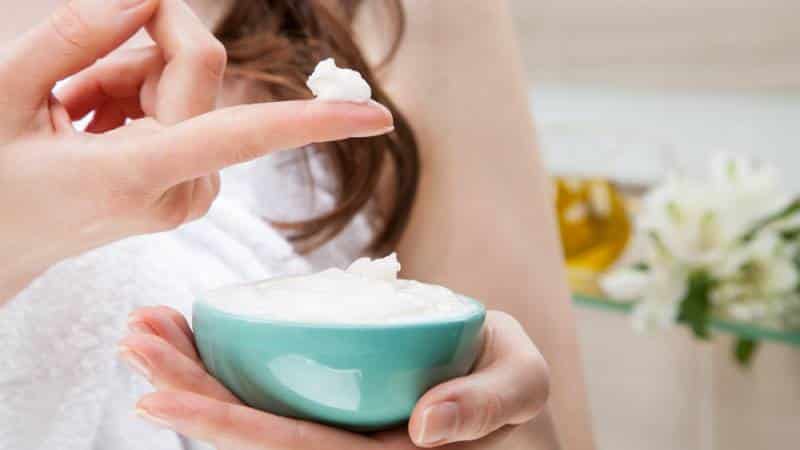
Why You Should Stop Co-washing? Potential Problems With Co-washing
There are a few potential downsides to co-washing. One is that it may not clean the hair as well as shampooing. If you have oily hair, it’s especially important to make sure that your scalp is getting clean. Otherwise, you may end up with buildup on your scalp.
Another potential problem is that conditioners can contain ingredients that may not be good for the hair. For example, some conditioners contain silicones, which can build up on the hair and make it appear greasy. If you use a conditioner with silicones, you may need to shampoo more frequently to avoid buildup.
In addition, some people find that their hair feels weighed down after co-washing. This can be due to the fact that conditioners can be quite heavy. If you have fine or thin hair, you may want to avoid co-washing, as it could make your hair appear flat and greasy.
Finally, co-washing can cause the hair to become reliant on conditioner. If you only co-wash, your hair may lose its ability to effectively clean itself. This can lead to scalp problems like dandruff.
Although it has several benefits, co-washing isn’t right for everyone. If you have dry or damaged hair, you may find that co-washing leaves your hair feeling softer and more hydrated. However, if you have oily hair, shampooing more frequently might be necessary to avoid buildup. Co-washing could also result in flat, greasy hair for people with fine or thinning tresses.
Not sure if co-washing is something you should try? Get professional advice from a healthcare provider or hairstylist before making any changes to your routine.
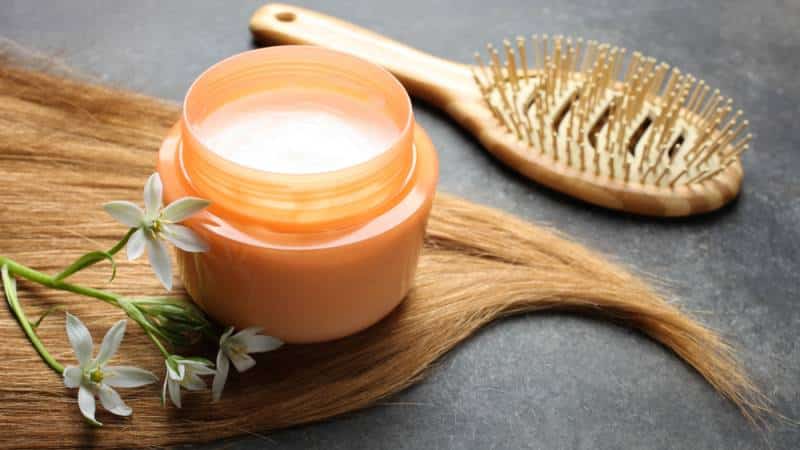
So, Should You Stop Co-washing?
There’s no right answer to this question. It depends on your individual hair type and needs. If you’re struggling with dryness, frizz, or damage, co-washing may be a good option for you. But if you have oily hair or a sensitive scalp, you may want to stick with shampooing.
If you do decide to stop co-washing, there are a few things you can do to make the transition easier. First, try switching to a gentle, sulfate-free shampoo. This will help to avoid stripping the hair of its natural oils. You can also use a clarifying shampoo once or twice a week to help remove any buildup on the scalp.
In addition to co-washing, also focus on hydrating and nourishing your hair. This can be done with deep conditioning treatments, hair masks, and leave-in conditioners. By investing time in your haircare routine, you will maintain strong and healthy locks.
How to Co-wash Your Hair Properly?
Co-washing, or conditioner-only washing, is a great way to clean your hair without using shampoo. It’s especially beneficial for people with curly or textured hair, who often find that shampoo can be too harsh and strip the hair of its natural oils.
If you decide to co-wash your hair, you need to make sure that you are doing it correctly in order to avoid damaging your hair.
To co-wash your hair, start by wetting your hair completely with warm water. Apply a generous amount of conditioner to your scalp and hair, and use your fingers to massage it. Be sure to focus on the roots and scalp, as this is where the dirt and oil tend to accumulate. Let the conditioner soak in for a few minutes, then rinse it out completely with warm water.
You can also use a co-wash to condition your hair between shampoos. Just apply a dollop of conditioner to your scalp and hair, and let it sit for a few minutes before rinsing it out.
If you find that your hair is feeling stripped after co-washing, try using a more moisturizing conditioner. You can also try using a leave-in conditioner or hair mask to help add moisture back into your hair.
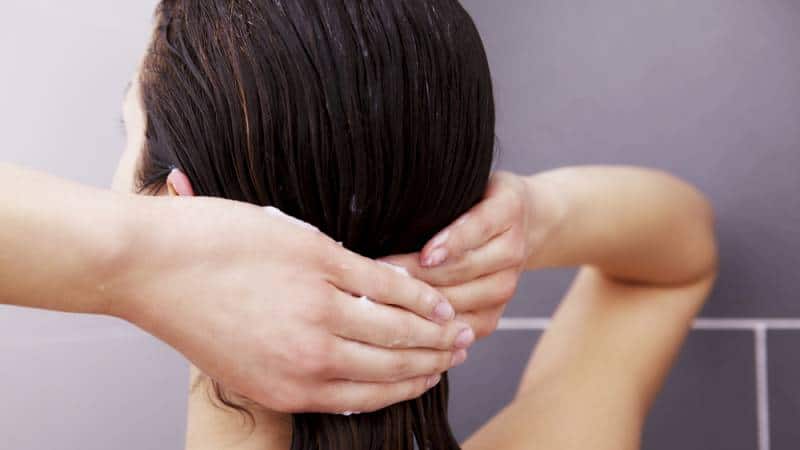
Alternative Cleansing Methods
There are a few alternative cleansing methods that you can try if you’re looking to ditch co-washing. One is the no-poo method, which involves using a baking soda and water solution to cleanse the hair. This can be followed by an apple cider vinegar rinse.
Another option is the curly girl method, which involves using a gentle, sulfate-free shampoo followed by a leave-in conditioner. This method helps to preserve the natural oils in the hair and can avoid issues like frizz and dryness.
Cleansing conditioners are an excellent type of product to use if you want to ditch shampoo and conditioner. These types of products typically don’t contain as many ingredients, so they’re not as harsh on your hair.
The Bottom Line
So, those are a few things to keep in mind if you’re thinking about stopping co-washing. There’s no right or wrong answer, it all comes down to your individual hair type and needs.
If you do decide to stop co-washing, focus on using a gentle, sulfate-free shampoo and investing in some quality haircare products. And remember, you can always experiment until you find what works best for you!
Related: How to Co-wash Curly Hair?
